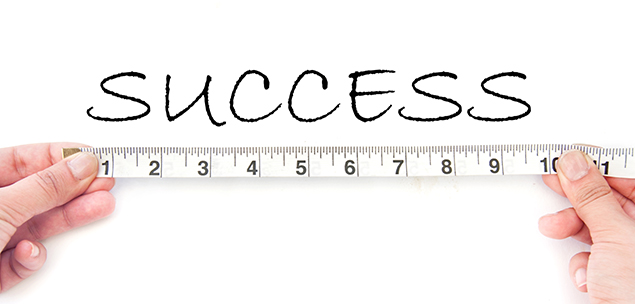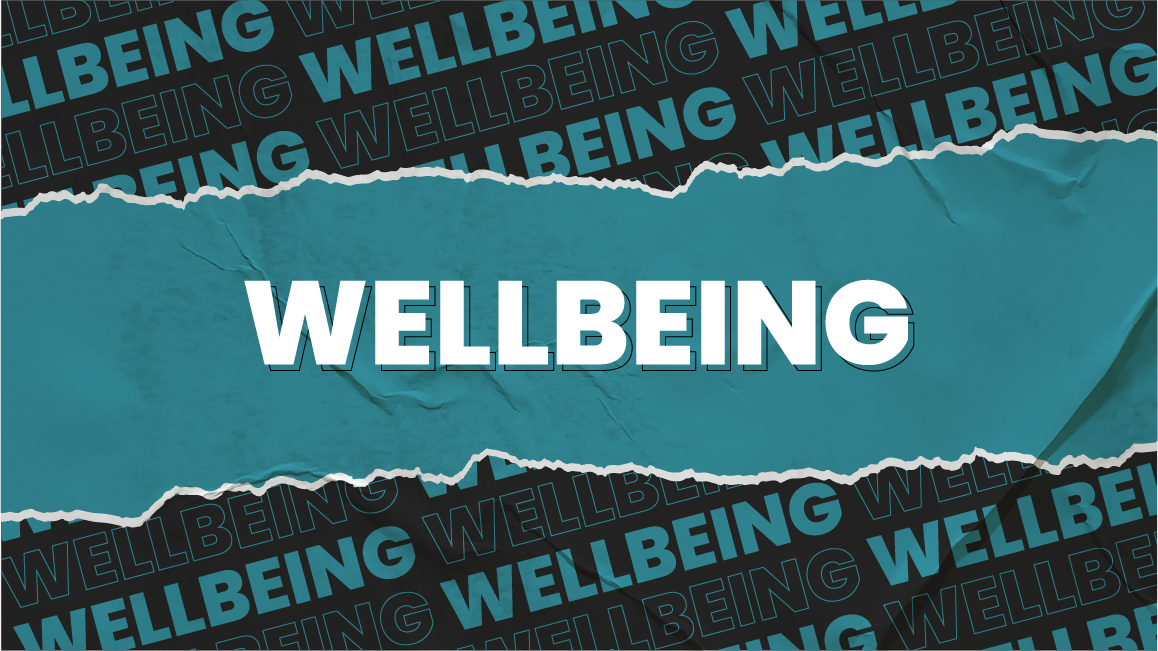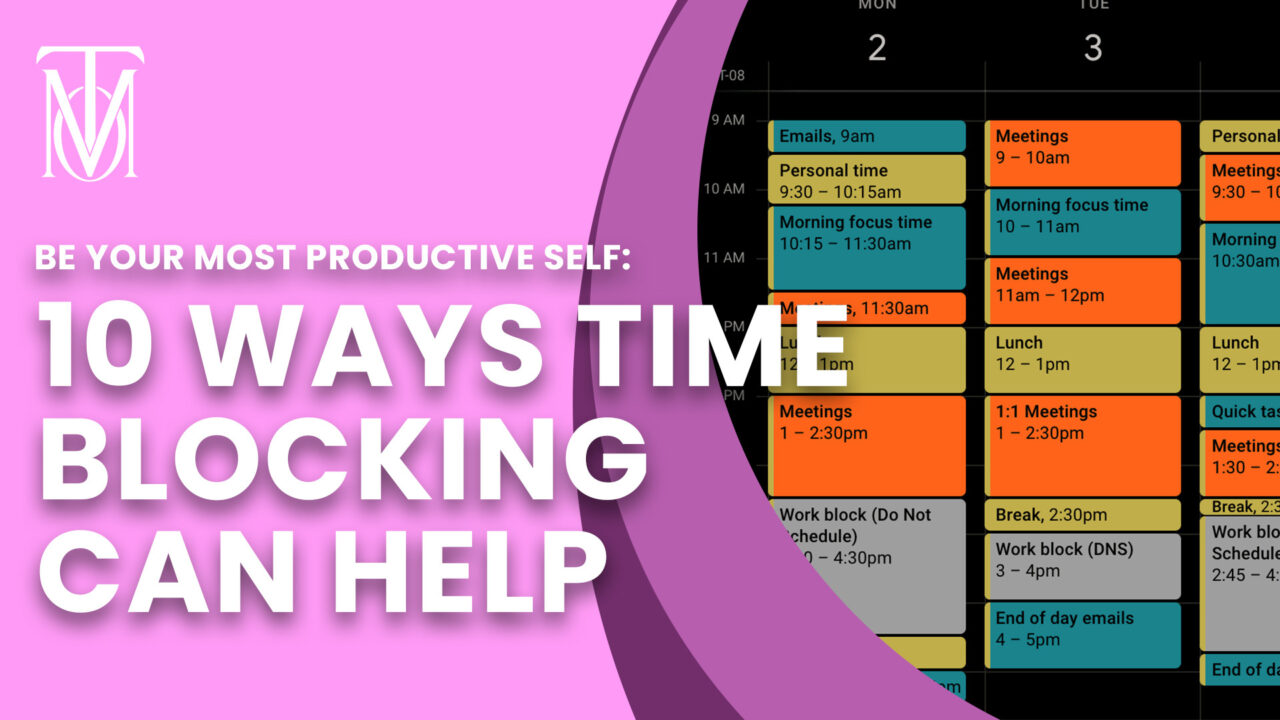We are predisposed as humans to desire to cross the finish line. We yearn for fulfillment—crossing things off a to-do list and declaring that we have completed our task and may go to the next.
However, our fixation with stating we’re “done” may lead to a condition known as completion bias, in which your brain seeks the dopamine boost that comes from ticking off simple activities while ignoring bigger, more difficult ones.
But not everything can be quantified. Large (and often more substantial) tasks are not completed in a single day.
To remain dedicated to the most important job, we must discover methods to assess, monitor, and feel good about the progress we achieve every day.
We Are Not Who We Are When We First Started
So, think back to the first day you started:
- Who were you back then? What exactly are you now?
- Where were you at the time? Where are you now!
- What are all of your fantastic accomplishments?
Whatever highs or lows you find, I guarantee you this:
You will be more satisfied. You will feel more strong as a result. More appealing. More thankful. Much more self-assured and powerful. You’ll feel better. Simply because you gave yourself a minute to halt, to breathe, and to refocus your attention on what matters most—your current effort—and realized how far you’ve gone to become the person you are today.
Why Is It Important To Track Your Progress?

After you’ve established a particular purpose, tracking your progress might help you get there. It may assist you in determining which behaviors contribute to your growth and which strategies are most effective. Then you may combine these techniques into your overall approach to achieving goals.
Measuring progress or evaluating progress may also show you how close you are to completing a task. This may serve to remind you of your specific goals and provide inspiration to keep going and stay focused.
Measuring your progress toward your goal enables you to determine if you’ve made headway, are at a standstill, or have fallen behind. This information will assist your goal-tracking by developing and revising a plan of action.
Your time management serves as a guide to help you achieve goals. They provide you with a realistic “large picture” of your daily progress along the way. Without any kind of measure progress indication, you may get overwhelmed or believe you’re doing better than you are. Both of these events might result in dissatisfaction and goal failure.
3 Tips On Tracking Your Progress
Progress tracking is a great tool. Not just to keep us motivated and productive.
When you monitor how much progress you make, you naturally become more focused on the job you accomplish. Which has the potential to provide the type of significance that so many of us seek in our everyday job. You also have a better understanding of the value you’re providing and can demonstrate the outcomes of your daily duties to your supervisor or team leader.
1. Track Your Progress

To create long-term and short-term objectives, you must first decide what action you want to take and what sort of consequence you desire. Consider assessing the current status of a department in your company that you wish to improve. Then, in response to that information, develop a specific goal.
For example, a corporation may establish that its objective is to have a million social media followers and that it presently has 200,000 followers. The company’s marketing team might then set precise short-term and long-term setting goals whether how many tasks they’ll accomplish related to getting 800,000 followers, such as launching a targeted ad campaign.
2. Divide Complex Activities Into Smaller Chunks
When faced with a massive project, the first step should be to divide it into smaller objectives. Then, divide those objectives into smaller tasks. The more opportunities you have to feel like you’ve “completed” a portion of it, the more motivated you’ll be by your progress.
Set daily quotas and begin each day at zero.
There’s a reason you remember the first step of a long journey rather than the 37,568th. The closer you get to the center of a project, the more difficult it is to track progress. The final line is still too far away to sight in that hazy intermediate zone. While what seemed to be distinct at first becomes hazy and ambiguous.
3. Document And Evaluate Progress
Documenting progress is an efficient means of measuring it. Start tracking your success rates, milestones, and deadlines. Then, you can use a calendar or a planner to monitor your overall goals by marking off complete tasks and milestones as they are met. The information from your planner may help you decide if you need to adjust your schedule or add a new activity.
For example, if a test taker wants to get a high score on a certification exam, they can use a calendar to confirm the test date and set a study deadline. They may then identify the areas they need to learn, estimate how much time they need to spend studying each day, and create milestones to help them remain focused on their long-term objective.

In Conclusion:
Measuring your progress is important for both motivation and improvement, but your attitude in life is more important.
We’ve been programmed to think that success is measured by speed. That success is something we must achieve. That success may be found in the hustle and work. There is always more action to be taken and smart goals to be met, more targets to be nailed. And all of this thinking has left us feeling hollow, seeking new ambitions, and continuously increasing the bar of what it means to “make it.”
As a consequence, we never fully develop a feeling of self-worth and happiness with where we are, right here, right now.
And as long as we desire a professional life and the wide elusive objective of an imagined future, we will never really realize satisfaction and self-worth in the here and now.
So, while you work toward your objectives and track your success, keep the following in mind:
Your happiness and wellness have nothing to do with how well you believe you’re doing, how far you’ve progressed on your path, or what lies ahead. Your happiness and well-being are entirely dependent on how present, accepting, and pleased you are with everything.














